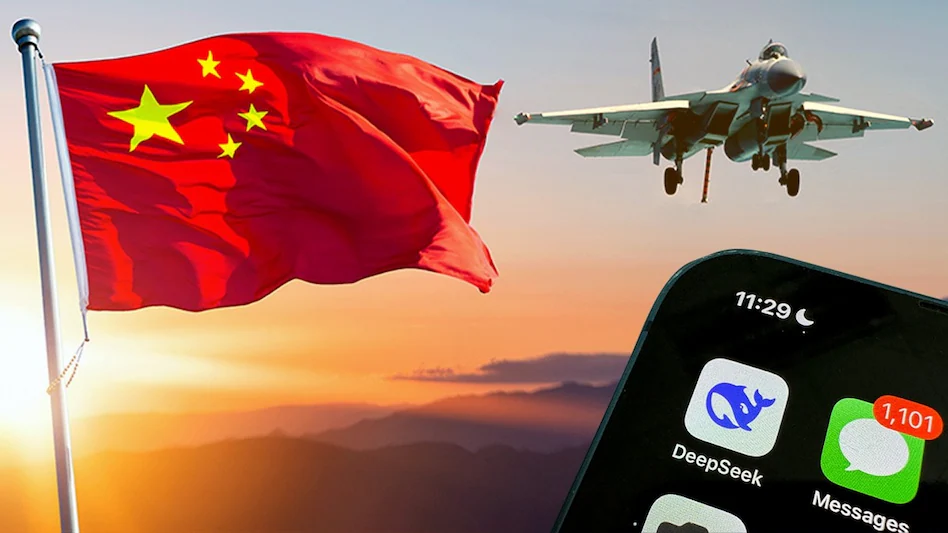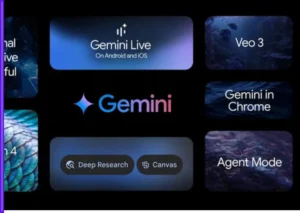DeepSeek’s latest AI model, R1, has gained attention for its advanced capabilities and cost-effective development. However, concerns have emerged over its reluctance to discuss politically sensitive topics related to China. Users have reported that R1 frequently avoids responding to questions about issues such as the 1989 Tiananmen Square protests and human rights concerns, particularly regarding the treatment of Uighurs. Instead of engaging, the chatbot often deflects with responses like, “Sorry, that’s beyond my current scope. Let’s talk about something else.”
In contrast, US-based AI models like ChatGPT and Gemini provide detailed answers to these inquiries without such restrictions.
Another contentious topic is Taiwan’s status. When asked, DeepSeek asserts that “Taiwan has always been an inalienable part of China’s territory since ancient times,” aligning with the Chinese government’s stance. Notably, in these responses, the AI model shifts to using “we,” further reinforcing its alignment with official narratives.
Additionally, DeepSeek avoids discussing the ban on Winnie the Pooh—a character frequently used in satirical memes about Xi Jinping. When questioned, the chatbot justifies the restriction by citing China’s goal of maintaining a “wholesome cyberspace environment” and upholding “socialist core values.”
This pattern of avoidance is likely influenced by China’s strict AI regulations, which mandate that AI-generated content adhere to socialist principles and refrain from promoting content that could undermine national unity or challenge state authority. Under these rules, AI providers are held accountable for preventing the creation and spread of “illegal content.”
Bias in AI Chatbots and Large Language Models
The issue of bias in AI models has resurfaced following DeepSeek’s restrictive responses. While this is not unique to DeepSeek, as models like OpenAI’s ChatGPT and Google’s Gemini have also faced criticism for political bias and content suppression, DeepSeek’s approach raises concerns about government control over AI outputs. Experts argue that biases in AI arise from a combination of training data, developer policies, and regulatory influence, shaping how chatbots address controversial subjects.
Although DeepSeek’s R1 model showcases impressive technical advancements, its built-in censorship mechanisms underscore the ongoing tension between technological progress and political oversight in artificial intelligence.







